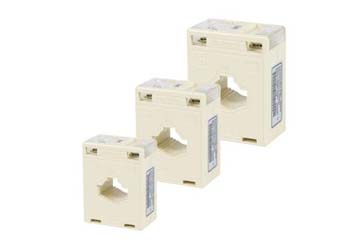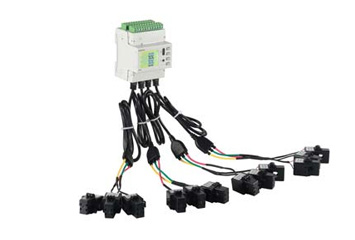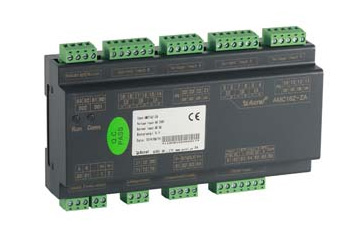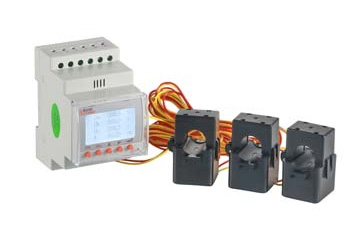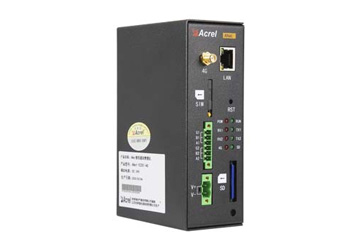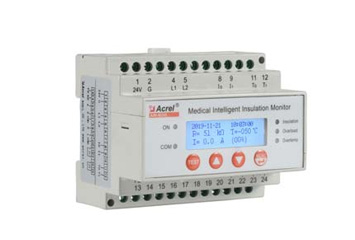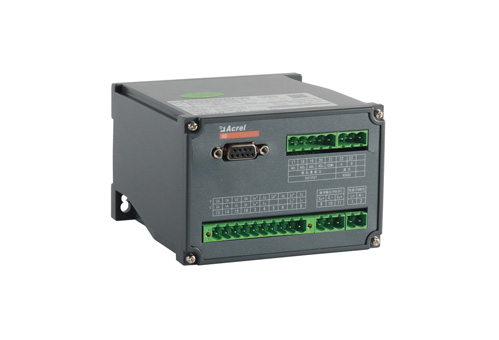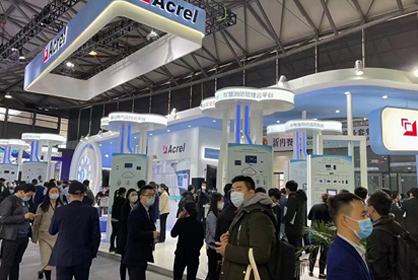In the intricate web of power distribution and reliability, Isolated Power Systems (IPS) emerge as a fundamental concept, shaping the landscape of electrical infrastructure. To comprehend their significance, one must delve into the core essentials that define Isolated Power Systems, unraveling the principles that contribute to their crucial role in providing secure, uninterrupted power in critical environments.
The Foundation of Electrical Isolation
At the heart of Isolated Power Systems lies the foundational concept of electrical isolation. Unlike conventional power systems that share a common ground with the utility grid, IPS create a dedicated electrical path, effectively isolating the connected equipment from external disturbances. This isolation is achieved through transformers and insulation, ensuring that the critical load remains unaffected by fluctuations or faults in the broader power grid. This foundation of electrical isolation forms the bedrock of the reliability and stability offered by isolated power systems for healthcare.
Dedicated Power Paths for Critical Loads
A defining feature of Isolated Power Systems is their ability to create dedicated power paths for critical loads. In environments where continuous power is non-negotiable, such as healthcare facilities, data centers, or industrial settings, IPS provide a separate, self-sufficient power source. This dedicated path ensures that essential equipment receives a constant and secure power supply, shielding it from potential disruptions in the main power grid. Whether for life-saving medical applications or the uninterrupted operation of data centers, the creation of dedicated power paths is a hallmark of Isolated Power Systems.
Guardianship Against Electrical Faults
Isolated Power Systems act as vigilant guardians against electrical faults. By isolating the critical load from the rest of the power system, IPS minimize the risk of faults propagating through the network. In the event of a fault, such as a short circuit, the isolation provided by IPS prevents the fault from affecting other parts of the system. This not only enhances the safety of the connected equipment but also contributes to the overall reliability of the electrical infrastructure.
Integration of Monitoring and Alarming Systems
Essential to the functionality of Isolated Power Systems is the integration of sophisticated monitoring and alarming systems. Continuous surveillance of the electrical parameters ensures that any deviation from normal operating conditions triggers immediate alerts. This proactive approach allows maintenance teams to swiftly identify and rectify issues, preventing potential disruptions and enhancing the overall reliability of the power system.
In conclusion, understanding the essentials of Isolated Power Systems unveils a realm where electrical isolation, dedicated power paths, guardianship against faults, and tailored designs converge to create a robust and reliable infrastructure. As critical environments demand unwavering power solutions, the essentials of Isolated Power Systems become the guiding principles that underpin their vital role in ensuring uninterrupted operations and safeguarding against the impact of electrical disturbances.
 English
English
